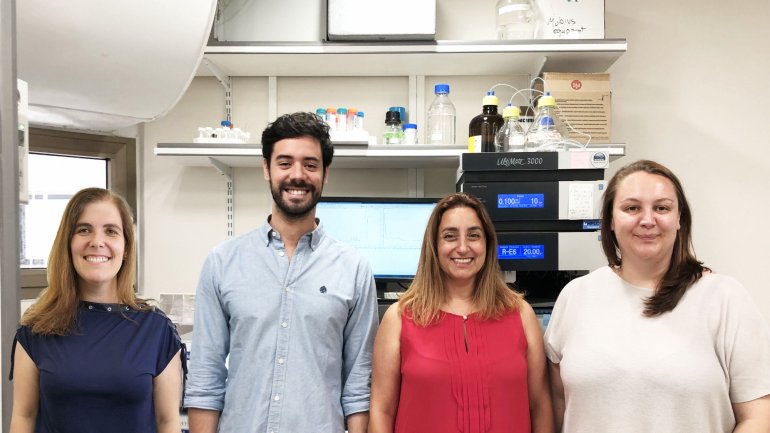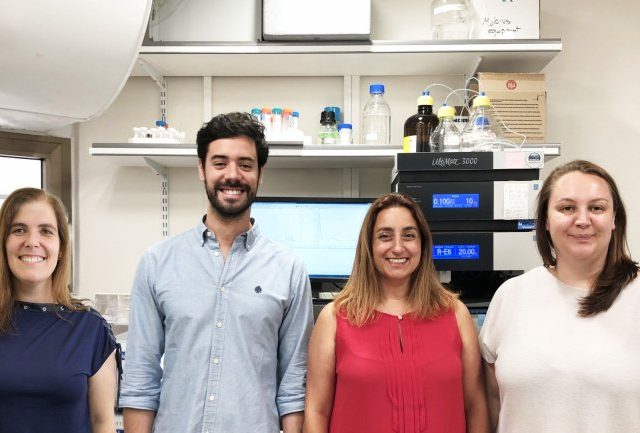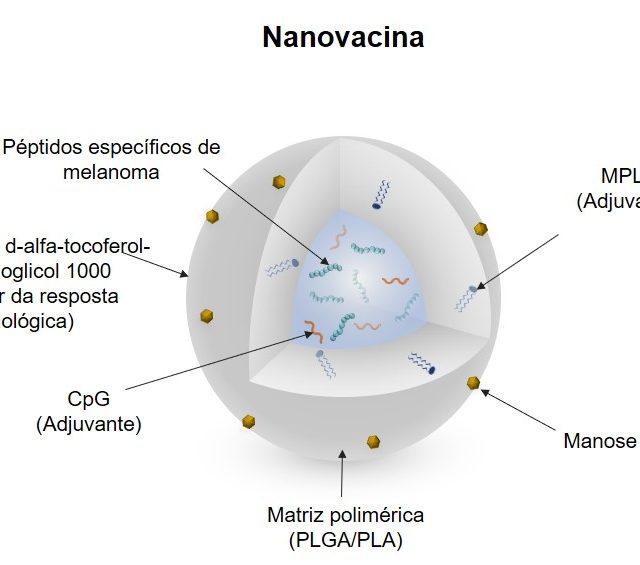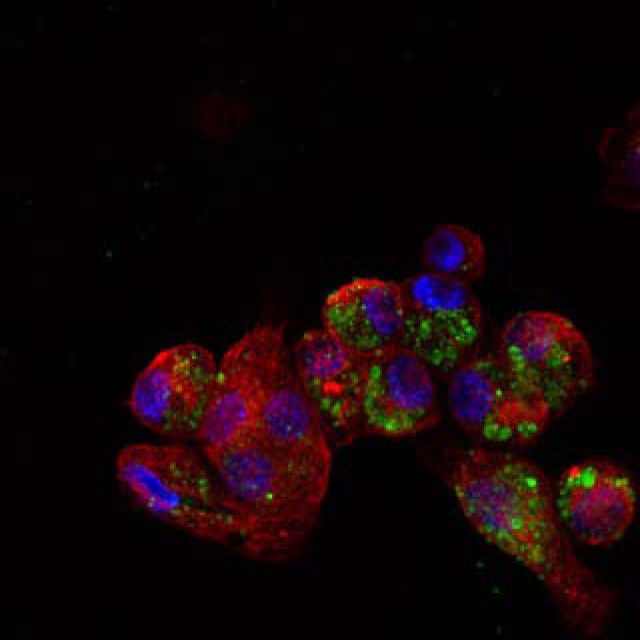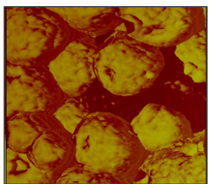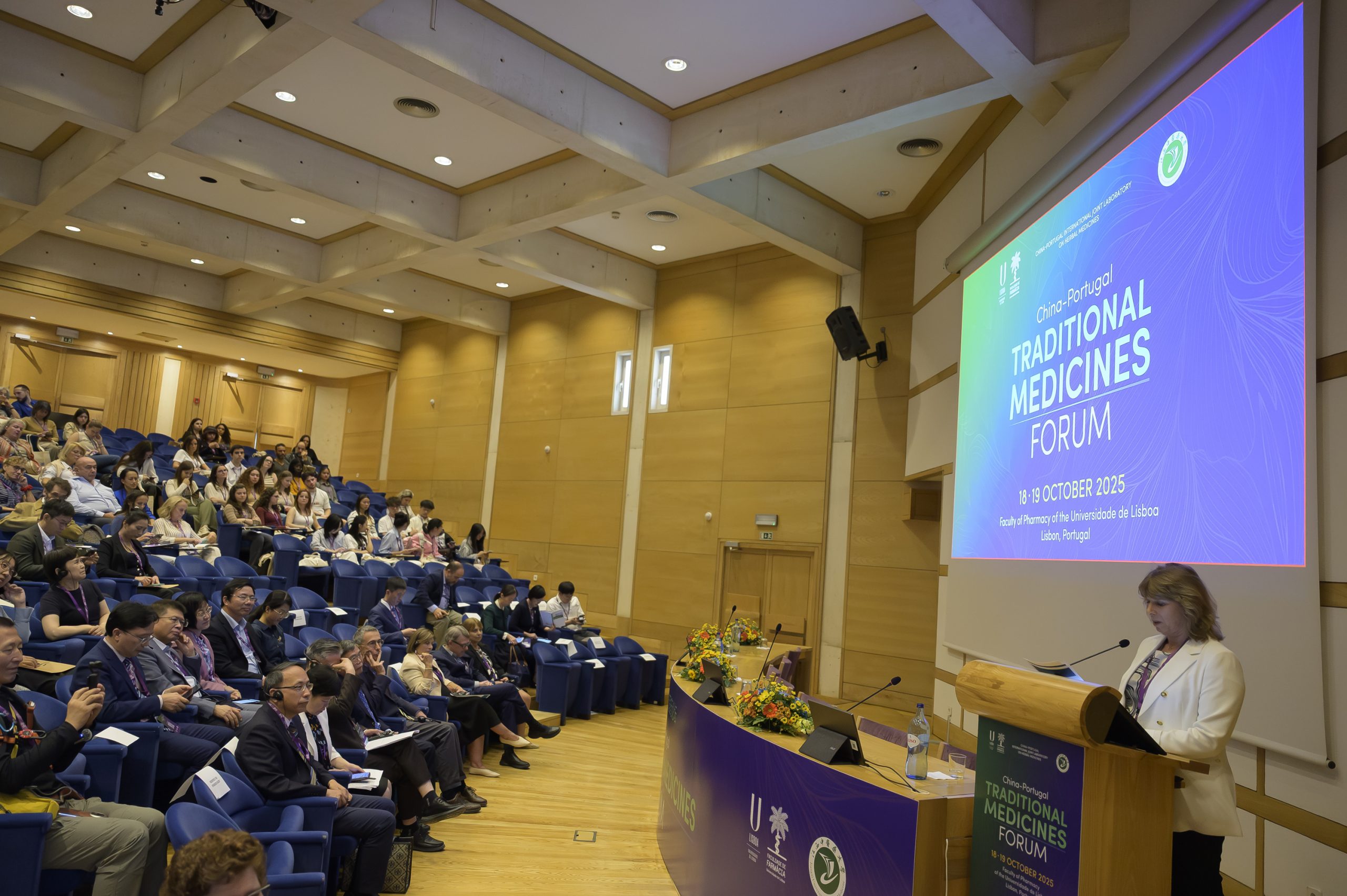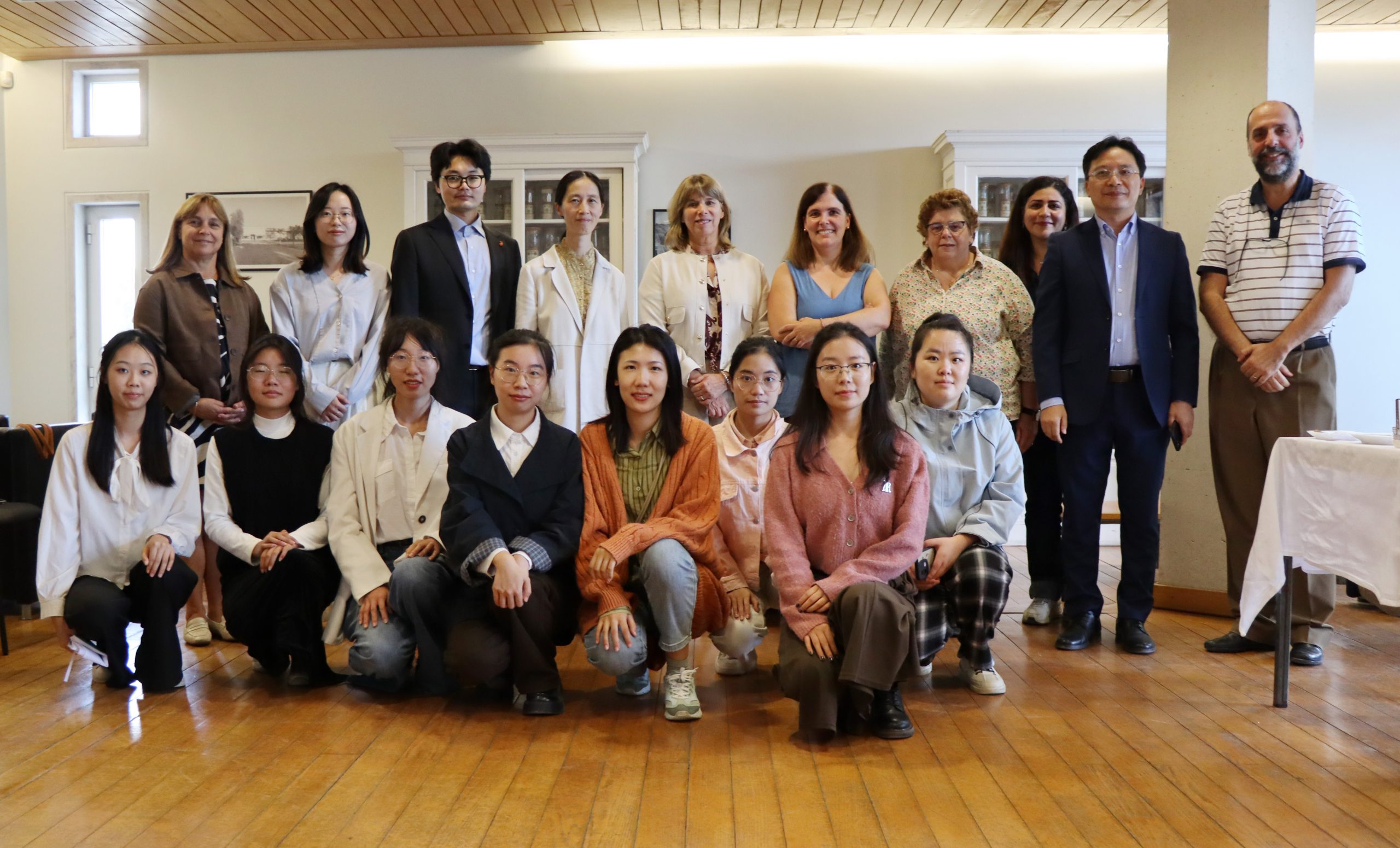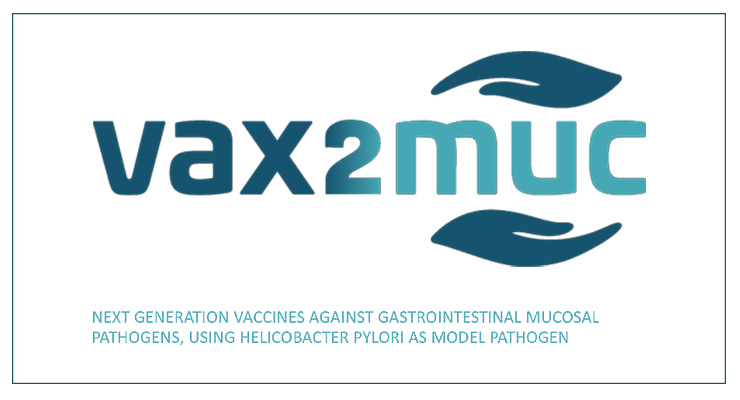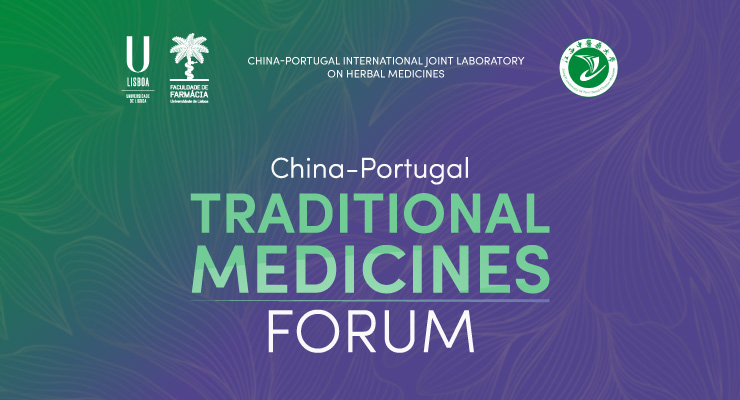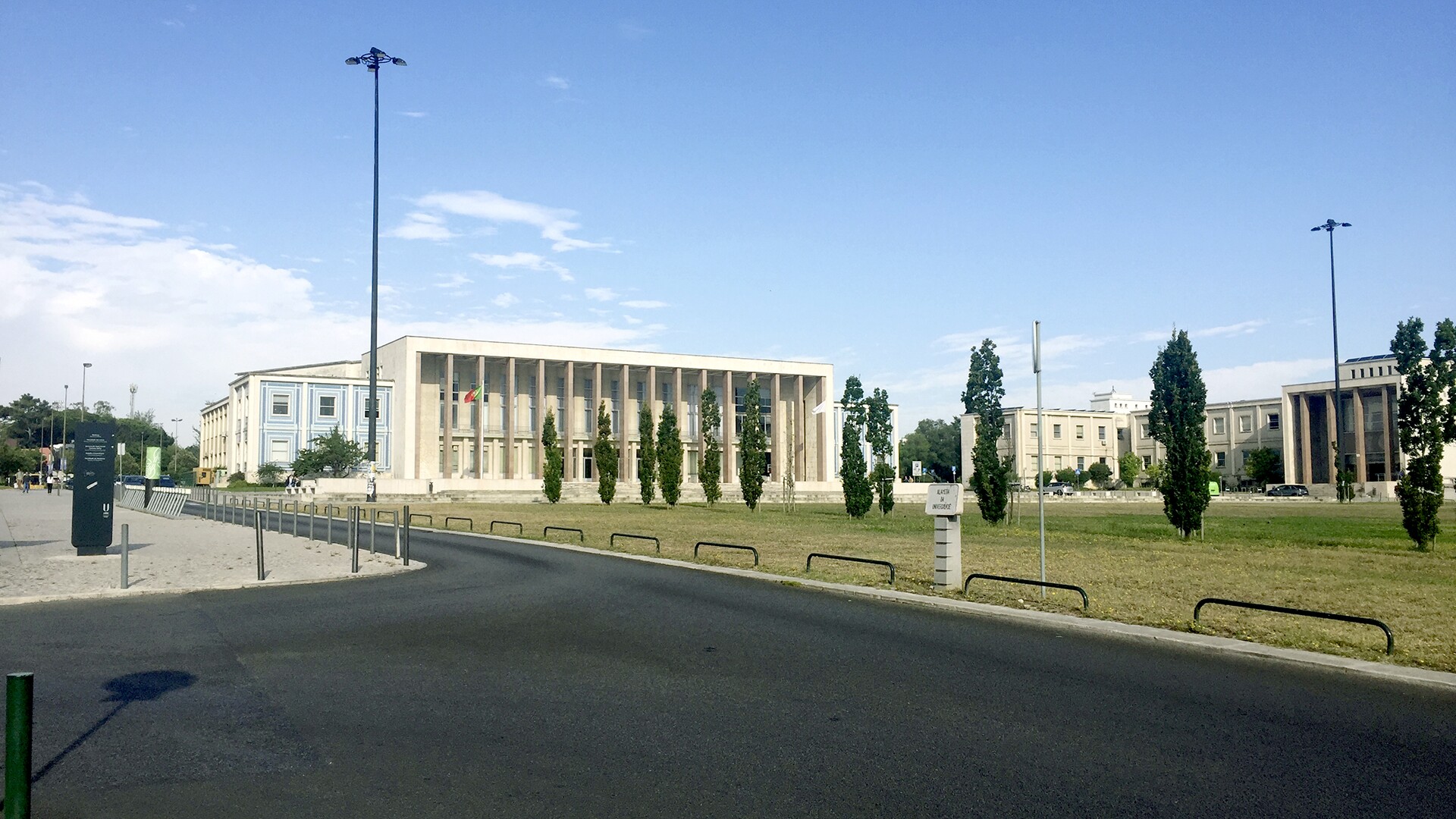Researchers at the Faculty of Pharmacy of the Universidade de Lisboa (FFUL) and the University of Tel Aviv (U. Tel Aviv) have developed a nanovacine that helps the fight against cancer. The vaccine is still in the experimental phase, but results so far show that it induces the immune system to destroy cancer cells and control the development of the disease.
This vaccine is related to the study “Immunization with mannosylated nanovaccines and inhibition of immune-suppressing microenvironment sensitizing melanoma to immune checkpoint modulators” – coordinated by Helena Florindo (FFUL) and Ronit Satchi-Fainaro (U. Tel Aviv), and developed by João Conniot (FFUL) and Anna Scomparin (U. Tel Aviv) – that was published on 5 August 2019 in the British journal Nature Nanotechnology. According to Helena Florindo “This nanovacine does not directly target tumor cells, but uses our body immune system to achieve the selective destruction of cancer cells. This is extremely relevant for cancer patients, who recurrently suffer from serious adverse effects caused by the nonspecific action of anticancer agents on healthy tissues and organs. This reality compromises the quality of life of these patients, but also often requires the interruption of treatments.
The effectiveness of this scientific innovation is currently being evaluated in several preclinical cancer models, such as breast carcinoma, colorectal cancer and pancreatic cancer. However, this nanovacine is an alternative to the therapeutic cancer vaccines already on the market not only because it can potentially be administered regardless of the disease’s progress, but also because it acts directly on the regeneration of the patient’s immune system.

